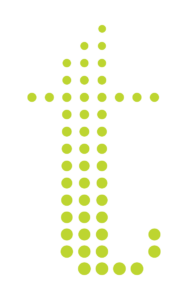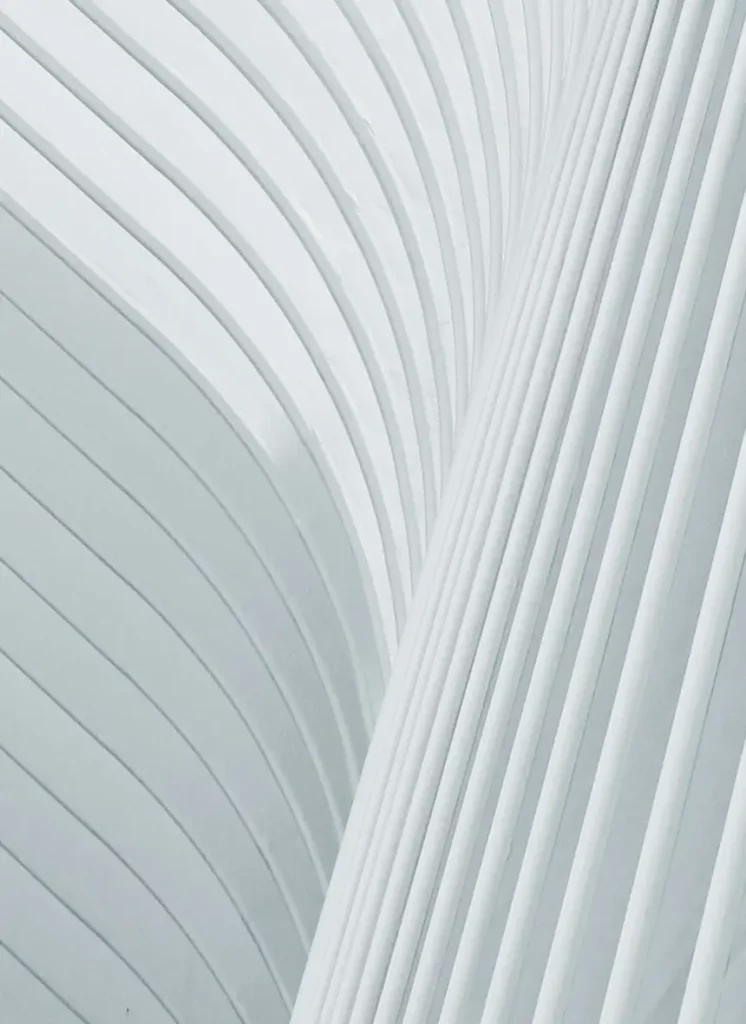THINK
Confusion and the Coronavirus: Learning how to be with Uncertainty
Perhaps it’s just my own media bubble, but it seemed hard to write about anything but the Coronavirus this week. While we here at Talentism talk a lot about confusion, certainty, and how to achieve clarity through chaos, it’s rare that the whole world seems to be facing these topics with the kind of visceral urgency Covid-19 has brought to bear. While it’s hard to know its actual impact (and that’s the point, really), it’s already begun a stress test of our fragile global systems, on everything from supply chains to medical infrastructure to the travel industry. Most relevant from a Talentism lens, however, is the opportunity to explore our own personal relationship to uncertainty.
To that end, I’ve compiled some of my favorite articles with different perspectives on the virus, as well as put together reflections and experiments you can run for yourself to turn this moment of confusion and threat into one of awareness and clarity.
When faced with threats, our brains crave simple, binary answers: around something like the Coronavirus, I see many people (myself included) essentially trying to answer the question “should I be freaking out right now?” That’s a bad question, not least because the best current picture of the virus is that it’s both less containable and less deadly than early reports, a combination that doesn’t easily fit into the “crisis / not crisis” boxes our minds crave. Reality is always more multifaceted than that, and every change brings with it opportunities and risks we can’t clearly see if we let our knee-jerk responses take the wheel. Many of the world’s great fortunes were built in times of change by people able to see beyond the false choice of business-as-usual-or-armageddon. A few opportunities I see: rewarding anti-fragile supply chains; learning to coordinate across nations and for-profit / non-profit / government entities; work norms catching up with available remote-work technologies; better ongoing hygiene; and a society-wide moment to go inward and connect to self and family. On the risk side, I believe people diminishing its impact may be blind to how fragile systems, like overstrapped health care, debt-fueled markets and just-in-time manufacturing, can interact with one another in unpredictable ways. Ultimately the point isn’t what we can imagine and assess, but rather learning how to be capable of imagining and assessing in the face of the unknown.
There is a known distinction I often call upon between complicated problems and complex ones. With a complicated problem, there is always a solution, albeit often also complicated. But with complex problems, where all the variables are dynamic and changing in relation to one another, you can only build capacities. If this is but one attention-grabbing instance of what problems look like in our more complex, interconnected world, then I would be loath to miss the opportunity to build my own capacity to learn. Sure, I’m stocking up on disinfectants and canned food, but I’m also reflecting on both how I relate to unknown threats, and what is possible therein.
Preparing for the Coronavirus to strike the US
Admit It: You Don’t Know What Will Happen Next
You’re Likely to Get the Coronavirus
How Fast Could a Virus Destroy a Supply Chain
Responding vs Reacting (when you’re afraid of a global pandemic)
Heretical Musings and a Prayer for China
REFLECT
- What stories do you currently have about Covid-19 and its expected impact?
- What feelings come up when reflecting on these stories?
- What feelings come up when interacting with people who have different expectations about it than you?
- What do those feelings tell you about yourself? Are there things you’re afraid to lose? Changes that would threaten something you care about?
- Try asking yourself “why” about those feelings three times, each time hopefully going to another level of depth. What, if anything, becomes clearer?
- What possibilities (negative, positive, neutral) do you cut yourself off from seeing by the assumptions you’re making and the emotional investment behind them?
TRY
- Draw a 2×2 matrix
- One axis is “worse than you expect” and “better than you expect” about the impact of Covid-19
- The other axis is “what this puts at risk” and “what else becomes possible”
- Fill it in
- Put together a list of possible actions you could take in response to all four quadrants
- Take a moment to reflect. How did it feel to go through this exercise? Was one box harder to fill out than another? What, if anything, did you learn about yourself and how you relate to the unknown?


